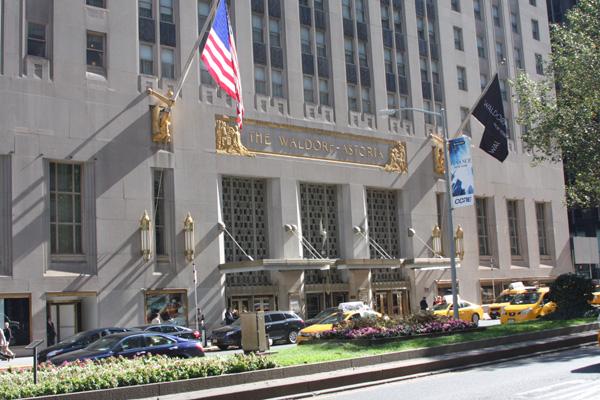
Honson To, co-chairman of accounting firm KPMG China, said he is also seized of Chinese companies' difficulties in managing overseas teams and overseas operations.
"They are still relatively inexperienced in operating international and global business," To said in an earlier interview with China Daily. "Sometimes, it's language, sometimes it's the way of living, sometimes it's down to a lack of confidence because Chinese businessmen were not educated in an international environment. So they don't know how other people operate."
To, who has spent years on advisory services providing M&A advice to clients, sees culture clashes as a key challenge for Chinese companies abroad.
But he is confident of change when Chinese companies hire foreign professionals to oversee their operations.
To also expects China's outbound investment to diversify from focus on mainly acquiring natural resources to other sectors including infrastructure, manufacturing technology and service industries, in addition to property deals.
"Infrastructure along the Belt and Road strategy will be a key theme. It could be acquiring companies overseas by the Chinese infrastructure companies. It could be more collaborations with overseas countries in building infrastructure," he said.
China's appetite for cutting-edge technologies and quality assets has pushed its companies to seal 142 big-ticket acquisition deals abroad in the first quarter of the year, the Ministry of Commerce announced in April.
The diversification of outbound deals is "quite healthy" and encouraging for the future of China's business landscape, according to To.
"Nowadays, you see many more deals around acquiring technology, brand names, distribution networks overseas, and, in some cases, collaboration with multinational companies in overseas markets," To said.
Despite To's optimism, Li has concerns about the pace of Chinese outbound M&A. "Of course, it has been too fast," which has led to rapid decline in the country's foreign exchange reserves.
Yet, China's foreign exchange reserves rose for a second straight month in April, as fears about a weak yuan and capital outflow eased amid increasing signs of stabilizing economic growth.
China's foreign exchange reserves rose $7.1 billion from March to $3.22 trillion in April, central bank data showed.
This marked a second month of rise following the unexpected increase in March that put an end to a falling streak since November, according to data from the People's Bank of China.
The positive change followed five consecutive monthly declines, including a record slump of $108 billion in December and a $99.4-billion decline in January.
China's foreign exchange reserves last rose in October, when they stood at $3.53 trillion.
China's second-tier office markets "will have to see" a period of "stock clearance", caused by oversupply in recent years, Li of DTZ/Cushman Wakefield said.
"Overall, I think demand for office space is slowing because of oversupply. Demand is not as strong as it is in Shanghai and Beijing," Li said.
"We still see challenges in finding tenants or even buyers for some tier-2 cities," he said, noting it's because over the last few years, a lot of office building and retailing spaces were constructed.
"I think those have to get a bit of time to consume or feed other tenants or buyers," Li said, but pointed out markets in Shanghai and Beijing are still "performing well", despite China's slowing economic growth.


















































